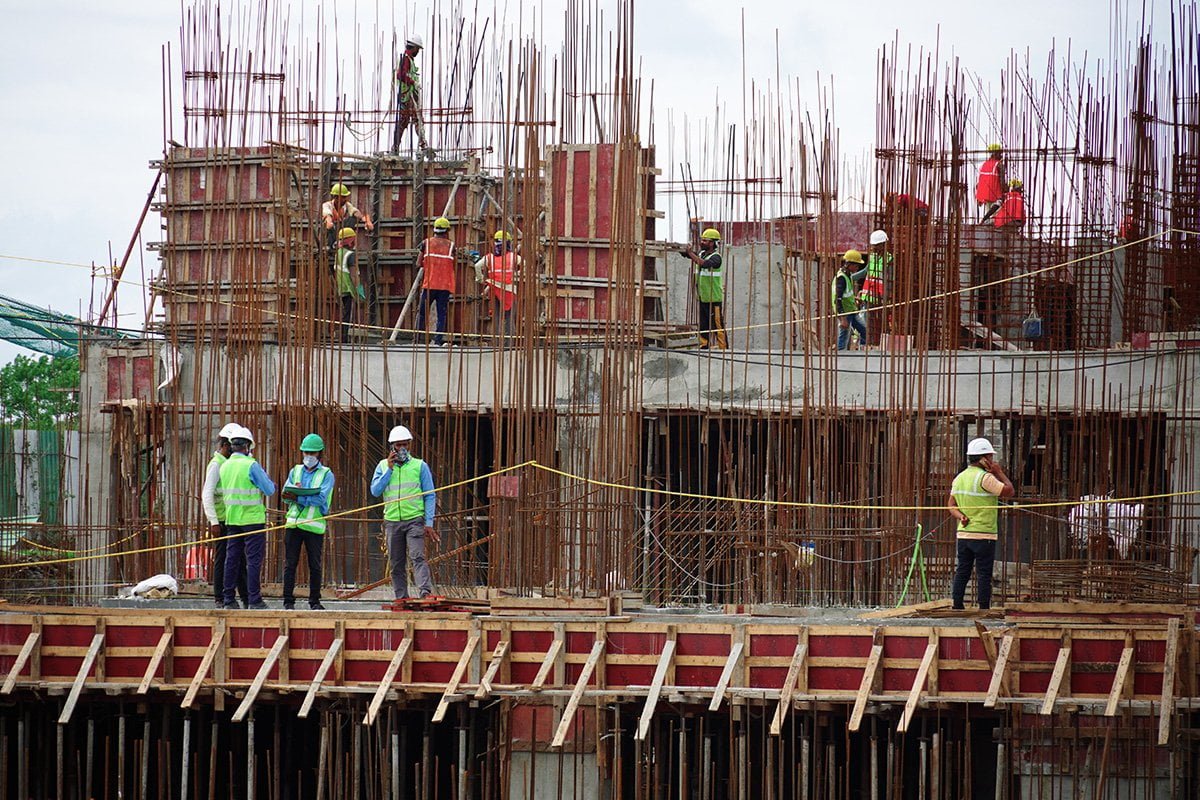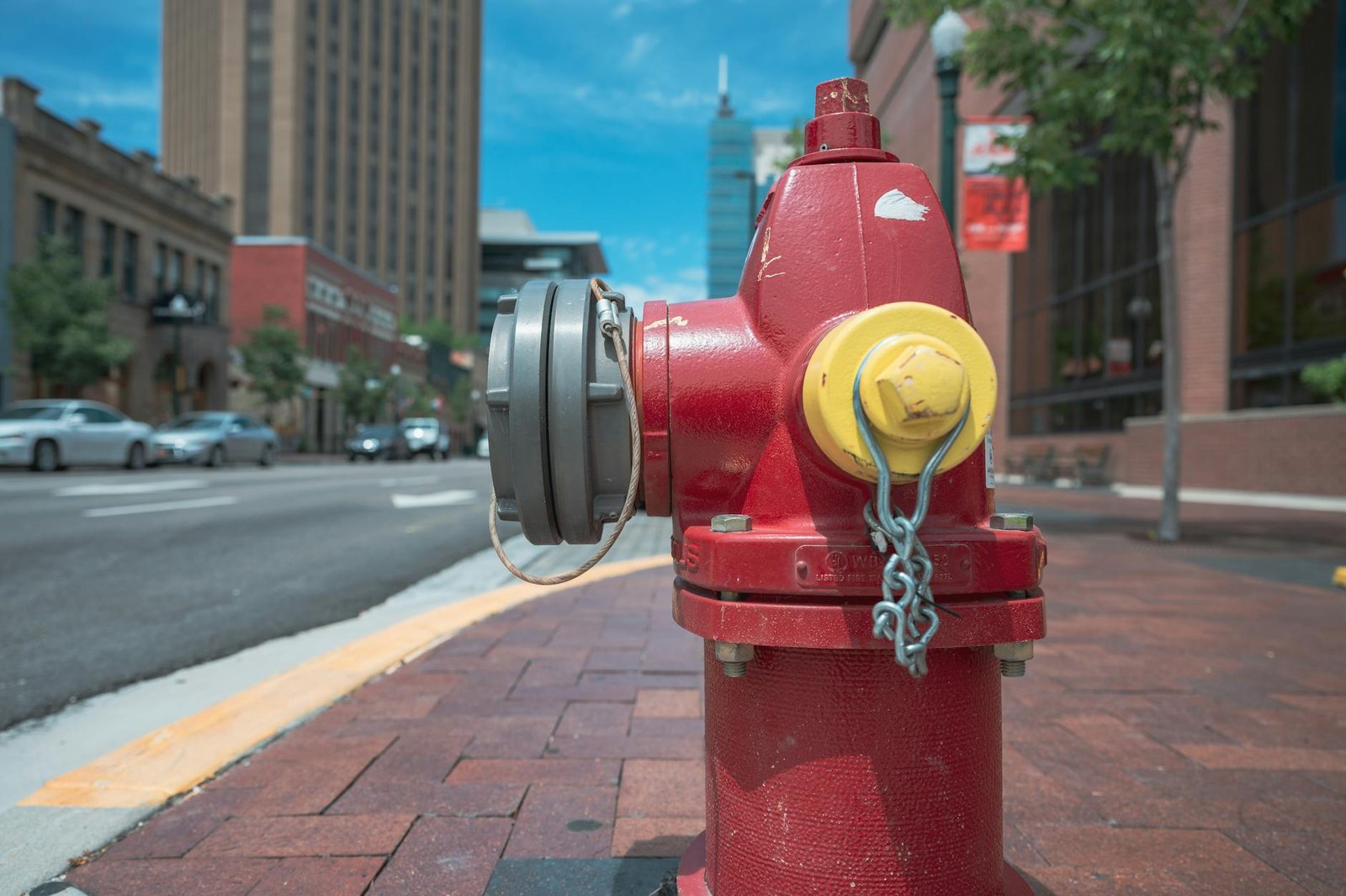Understanding the Building and Other Construction Workers (BOCW) Act
The Building and Other Construction Workers (BOCW) Act is a crucial piece of legislation that aims to protect the rights and welfare of construction workers in India. Enacted in 1996, this act provides a comprehensive framework for the regulation of employment and working conditions in the construction industry.
Key Provisions of the BOCW Act
The BOCW Act covers a wide range of aspects related to the welfare of construction workers. Some of the key provisions of this act include:
Registration of Establishments
Under the BOCW Act, it is mandatory for every establishment engaged in building and construction work to register with the appropriate authorities. This registration ensures that the establishment complies with the necessary safety and welfare measures for its workers.
Welfare Measures
The act emphasizes the provision of various welfare measures for construction workers, such as clean drinking water, sanitary facilities, and first aid facilities at construction sites. It also mandates the availability of suitable resting places and crèches for the children of female workers.
Health and Safety
The BOCW Act places great importance on the health and safety of construction workers. It requires employers to provide protective equipment and clothing to workers, maintain proper ventilation and lighting at the workplace, and take necessary precautions to prevent accidents and occupational hazards.
Employment Conditions
The act sets certain employment conditions to protect the rights of construction workers. It mandates the payment of wages at regular intervals, prohibits the employment of workers below the age of 18 years, and ensures the provision of suitable working hours and leave entitlements.
Social Security
One of the significant aspects of the BOCW Act is the provision of social security measures for construction workers. It requires employers to contribute to a welfare fund that provides benefits such as pension, healthcare, and educational assistance to workers and their families.
Acts and Rules Related to the BOCW Act
In addition to the BOCW Act, there are several other acts and rules that complement and support its implementation. Some of these include:
Contract Labour (Regulation and Abolition) Act, 1970
The Contract Labour Act regulates the employment of contract laborers in various industries, including construction. It ensures that the rights and welfare of contract workers are protected, and they receive fair wages and working conditions.
Minimum Wages Act, 1948
The Minimum Wages Act establishes the minimum wage rates for different categories of workers, including construction workers. It aims to prevent the exploitation of workers by ensuring that they receive wages that are fair and adequate for their livelihood.
Inter-State Migrant Workmen (Regulation of Employment and Conditions of Service) Act, 1979
This act applies to construction workers who migrate from one state to another for employment. It safeguards their rights and ensures that they are not subjected to unfair treatment or exploitation.
Building and Other Construction Workers’ Welfare Cess Act, 1996
The Welfare Cess Act enables the collection of a cess from employers in the construction industry. This cess is utilized to fund various welfare schemes and measures for the benefit of construction workers.
Conclusion
The Building and Other Construction Workers (BOCW) Act, along with the related acts and rules, plays a crucial role in safeguarding the rights and welfare of construction workers in India. By providing a comprehensive framework for their protection, these legislations ensure that workers in the construction industry are treated fairly and have access to necessary welfare measures and social security benefits.














